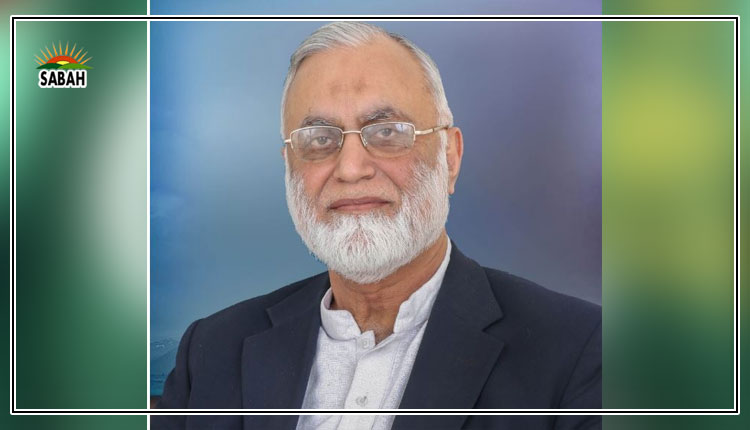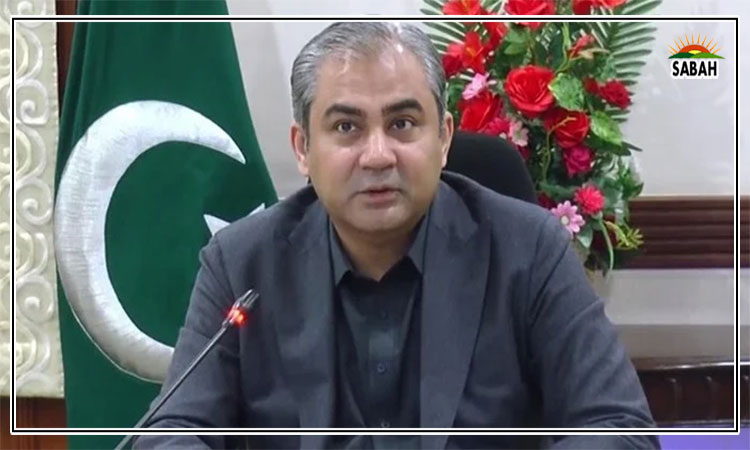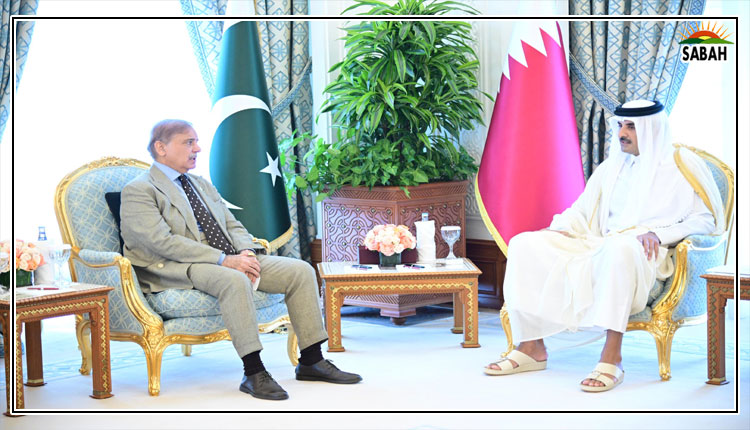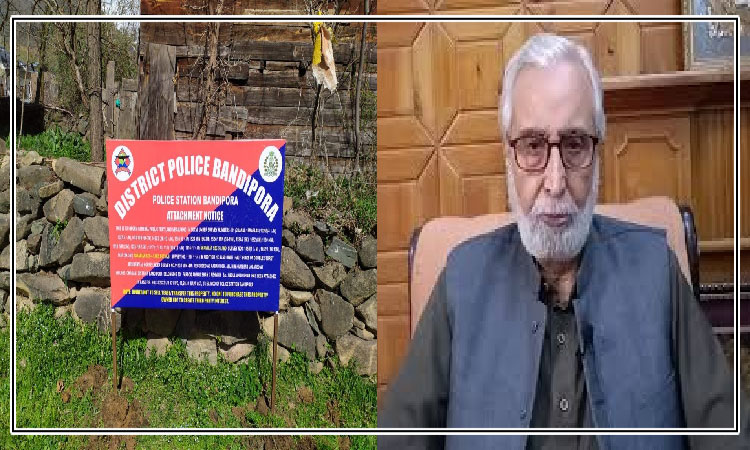Why Pakistan suffers ….Kamila Hyat
Time after time, we fail to recognize the real issues of our country. The realities are harsh and perhaps difficult to face. There are still many people who insist that poverty does not exist in Pakistan, although this warped perception may have changed with the problems brought by rising inflation and its impact on human lives.
But it is these realities that need to be confronted by our political leadership and indeed the leadership of the parties when they form whatever manifestos they put out before people. Often, they go virtually unmentioned, appearing only in the final print of these documents. In every street, virtually across the country, but notably in Sindh, Balochistan, southern Punjab and some districts of Khyber Pakhtunkhwa, we can see children playing a few kilometres away from where these politicians address large gatherings. These children are quite obviously stunted with bowed limbs and discoloured hair.
For Pakistan, the rate of stunting among children under five is at least 42 per cent compared to 31 per cent for the rest of Asia. The child mortality rate for under five is 67 out of every 1,000 live births compared to 36 for the rest of Asia. In many ways, these figures should terrify us. They suggest a future that is bleak, especially as we confront a youth bulge.
Many of the children who have already grown up in stunting and developmental difficulties will never be able to find the full potential that they should have reached by their given ages. This scenario is made worse by the very poor schooling most children in the country receive, whether at government schools or at low-tier private schools to which so many try to send their children.
The issue is ignored by the political leadership. Instead, at large public rallies, we hear about motorways that have been built, computer setups that have been established, or laptops handed out to students. Yes, these are all good initiatives, but they need to be coupled with a regard for the people of the country and notably its children. If these children are not saved, we eventually will end up in a nation with more and more problems and even greater difficulties.
Just think of the job market. We already have a situation where artificial intelligence is taking over jobs at call centres, business entities, banks and other places. In the future, it will take over many more jobs in other places as well. For those who are already badly equipped to begin life, the situation is made worse by the malnutrition of both children and their mothers. According to accounts by physicians who work in maternal health, a huge number of mothers are so badly malnourished that they themselves are hardly able to bear the burden of carrying and then giving birth to children.
Yet we have the highest population growth rate in South Asia. There are multiple reasons for this. One of them is that people, with some justification given the mortality rate, fear that their children will not live and will not grow into adults. The support of children, notably male children, for their families is considered crucial to survive in a system where there is no social welfare allowance and where pensions, even where they exist, are not paid sometime. In many jobs, pension facilities are not available at all, with labourers as well as other workers in the informal sector unable to obtain any such cash.
In other words, a population boom which could sink us further and further down the scale is carried forward by the poor future and ill-health of children, even if they survive the first five years of life.
These are the factors we need to look at in our policymaking and the budget itself. This is unlikely to happen, especially with tough IMF restrictions coming into place in a setup we cannot avoid. Countries which go to the IMF have to face tough consequences as far as people are concerned. Pakistan cannot afford to place greater burdens on its already hugely burdened population which astonishingly has borne these hardships with enormous ability to fight back and do what they can to overcome their difficulties.
There are so many in the country who work two or even three jobs a day to try to survive and put food on the table and send children to school. A simple crisis such as the illness of a family member can send them spiralling into crisis and into the dreaded poverty trap, which lies in wait for so many living at the poverty line or just above it.
We have failed to address these issues year after year and decade after decade. The problem arose soon after Independence and was certainly present to some degree at least, even in the 1950s, even though children in schools are taught to admire the so-called years of prosperity under Ayub Khan, but this prosperity was limited to a few families and households. The rest suffered, and no infrastructure which could have helped them progress was put in place during these years for those that followed.
Some programmes have had limited success in helping impoverished people. The Benazir Income Support Programme is one example, with figures showing that notably across rural Sindh women have voted primarily for the PPP simply because of this programme. It gives out small amounts of money to women. Even this handout of a few thousand rupees is enough to help households and change voting patterns.
We have seen the same in a few other cases, but not many welfare schemes for the poorest of the poor are in place and this has drawbacks as well. This budget, like those before it, does not help this group. Pakistan ranks at the bottom even in South Asia and is comparable in terms of development to sub-Saharan Africa with its lack of resources in far too many areas.
This needs to change, and change quickly, if we are to have a future, or if an answer is to be found in the books Imran Khan has apparently been reading in his cell and which lies on the small reserve of books there called ‘Why nations fail’. The answers to this question are quite simple to find in our country; the more difficult issue is to find solutions and ways to move forward.
The writer is a freelance columnist and former newspaper editor. She can be reached at: kamilahyat@hotmail.com
Courtesy The News












